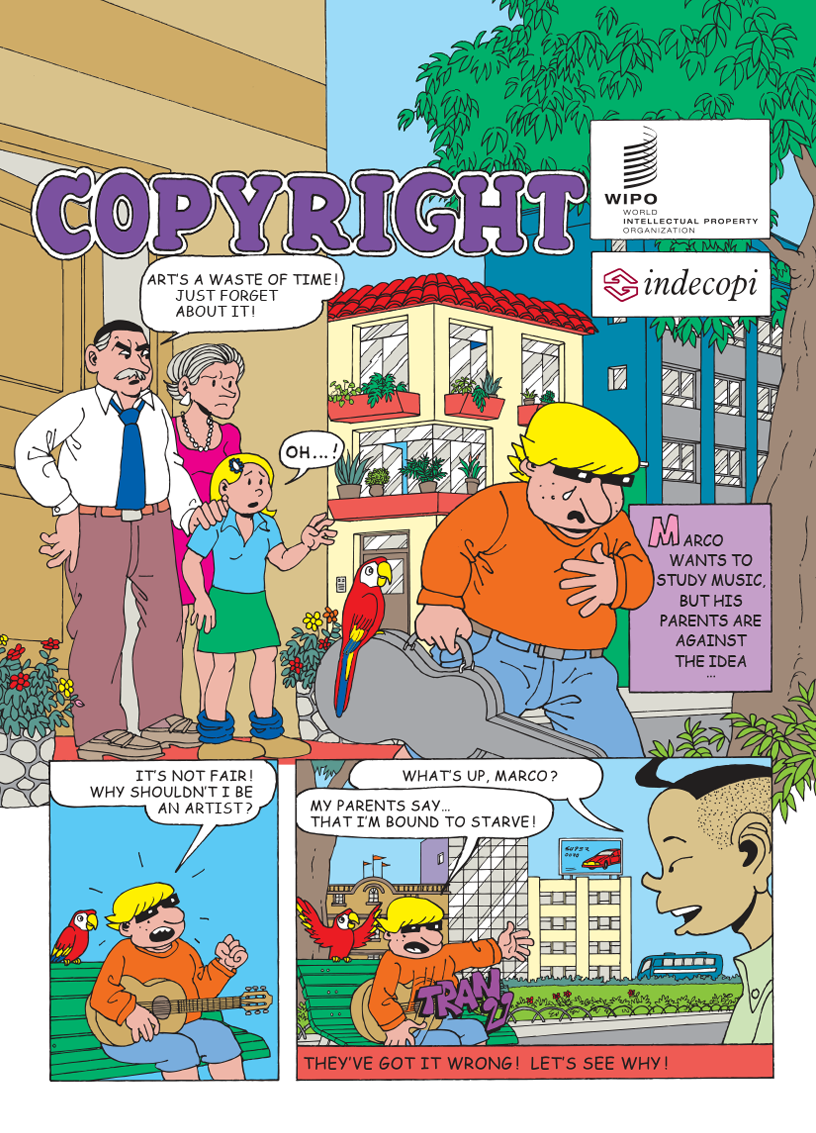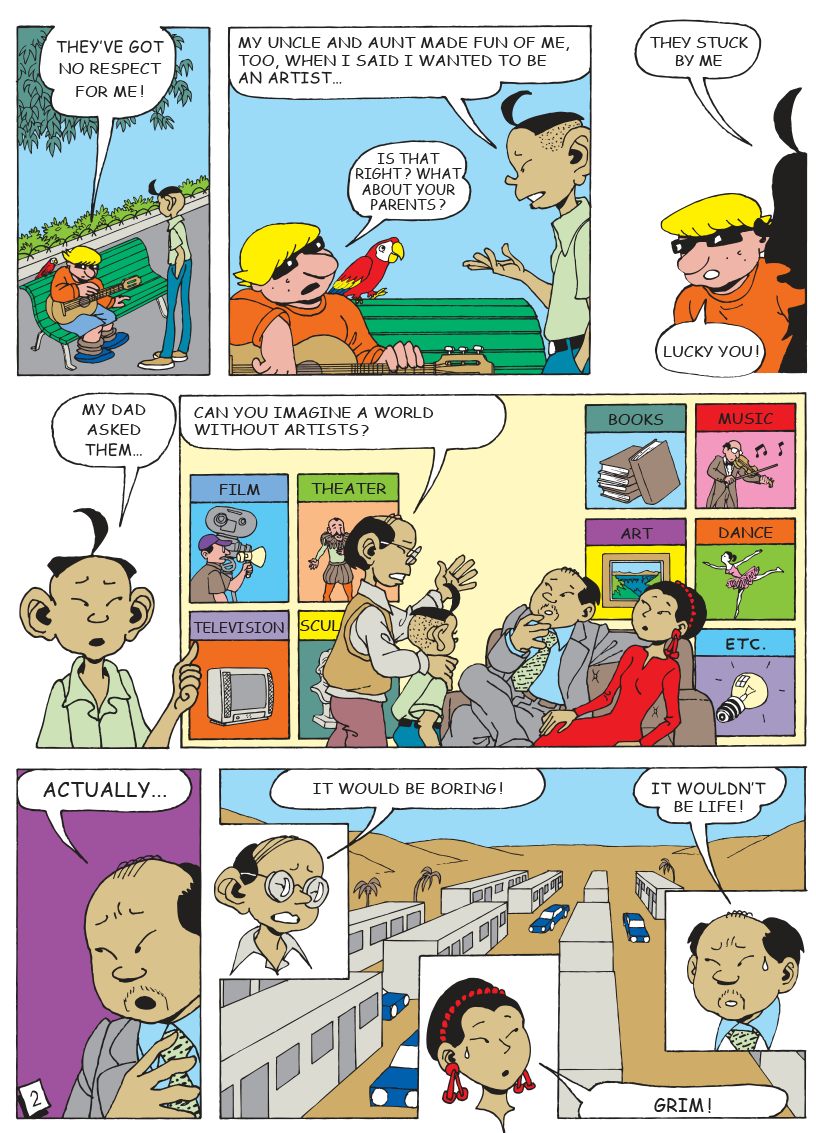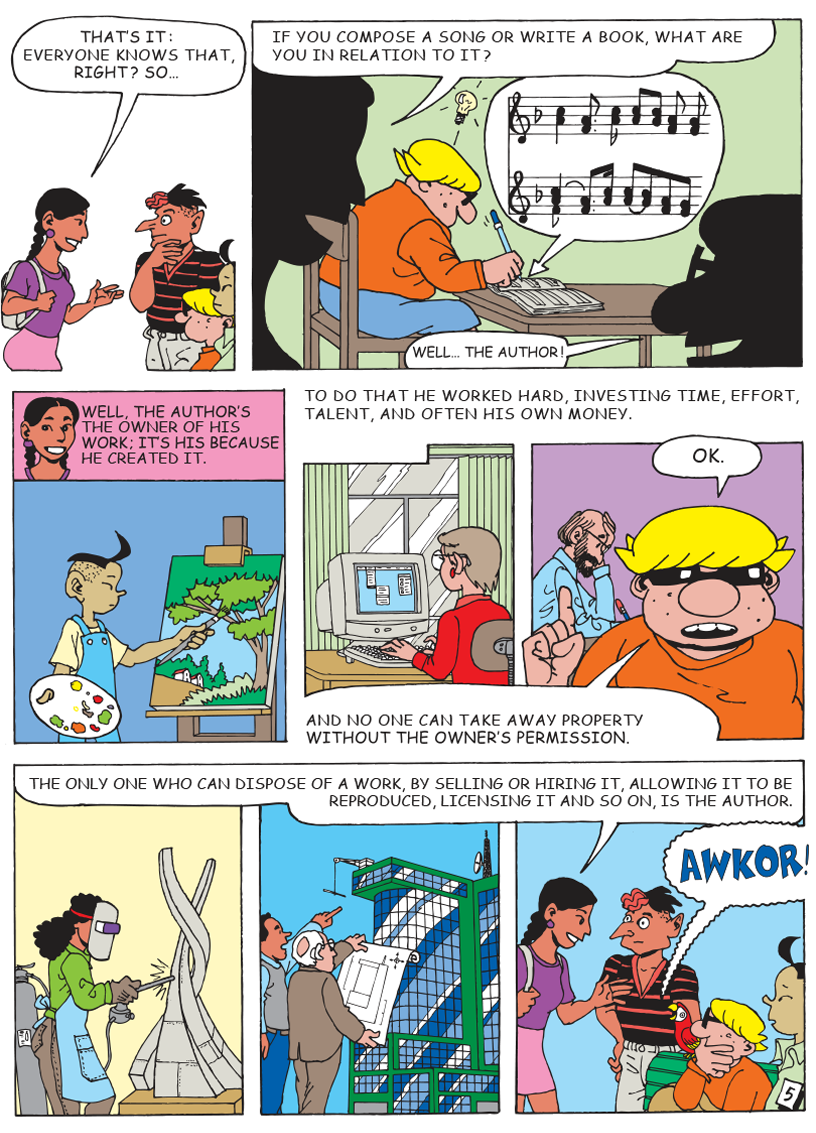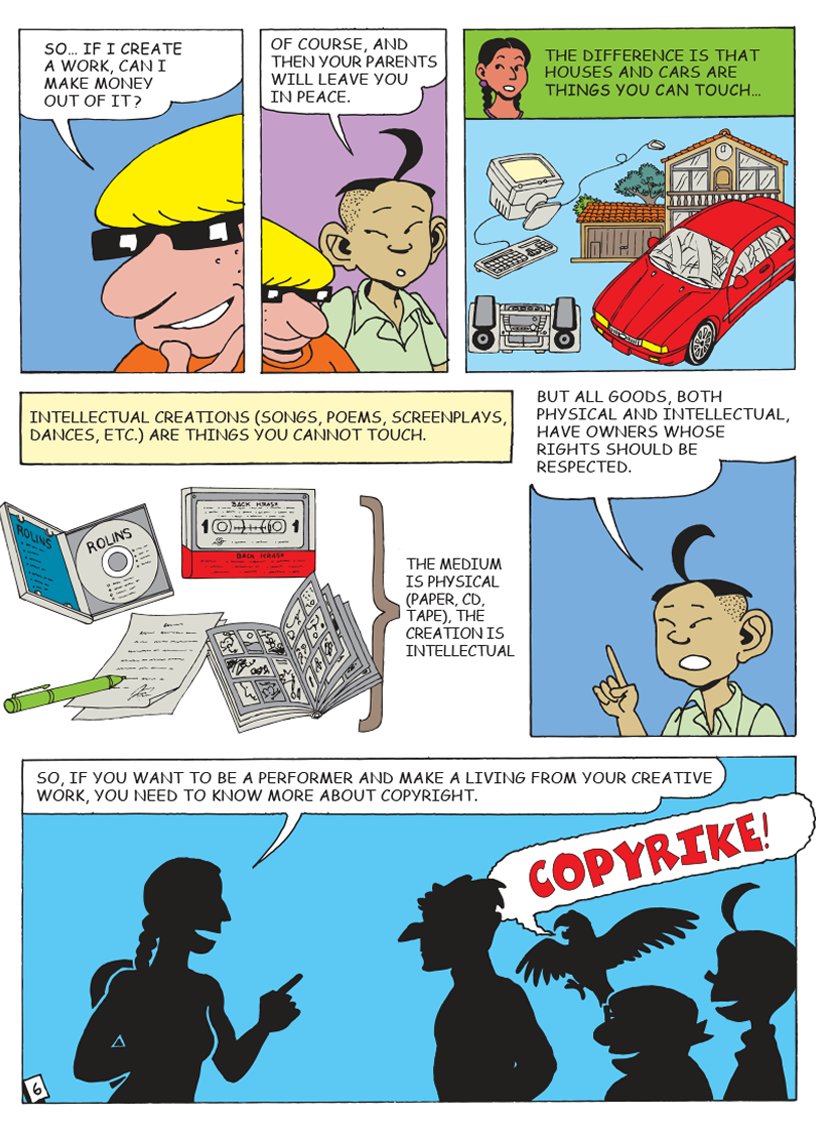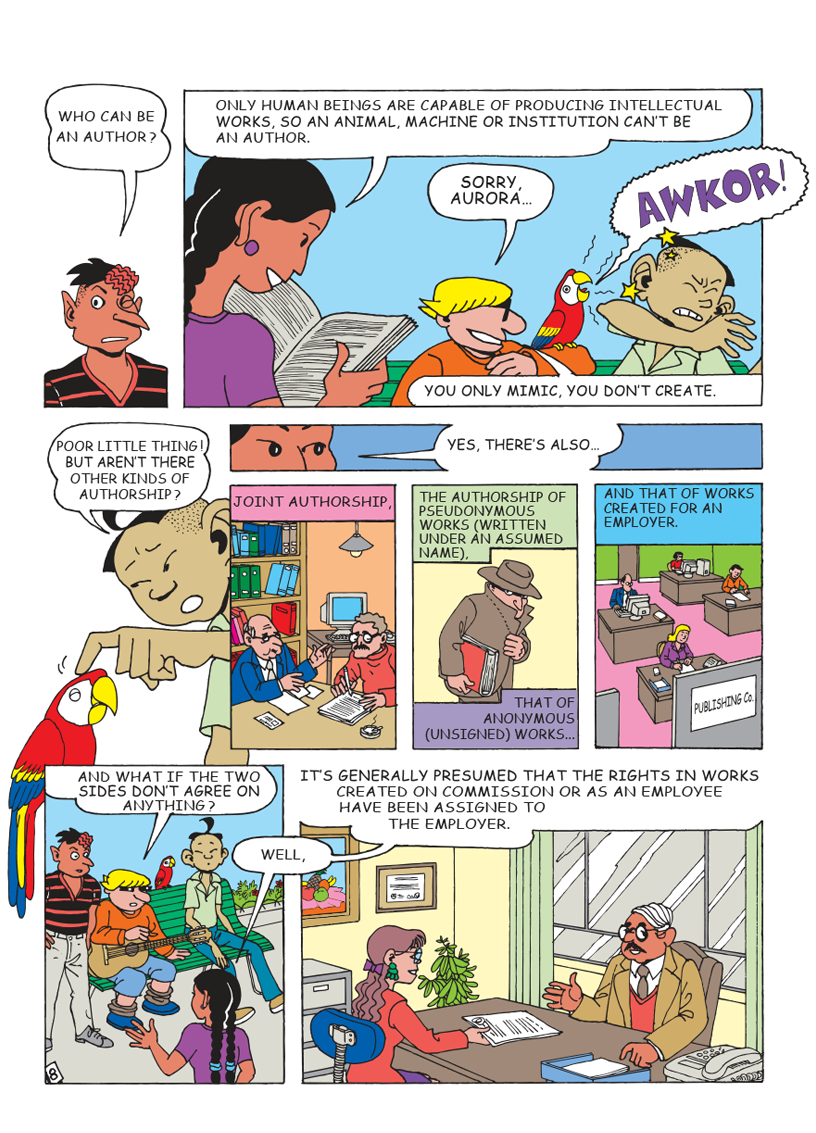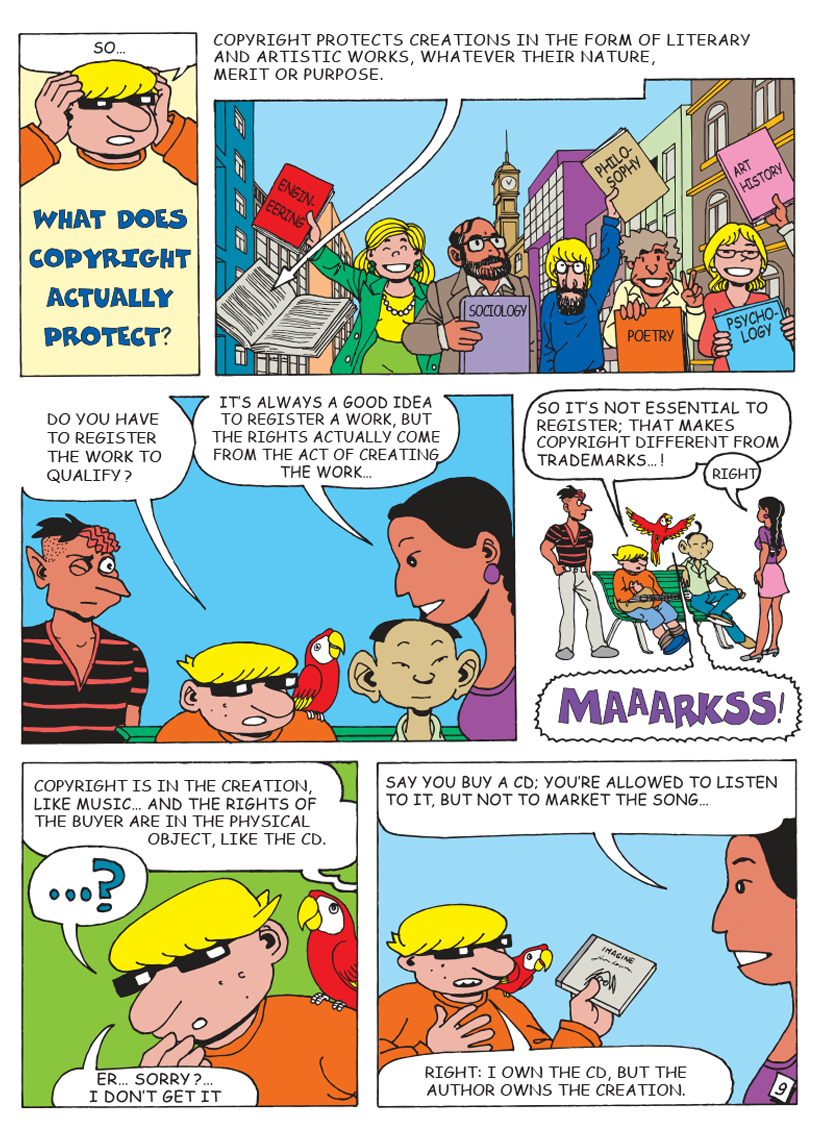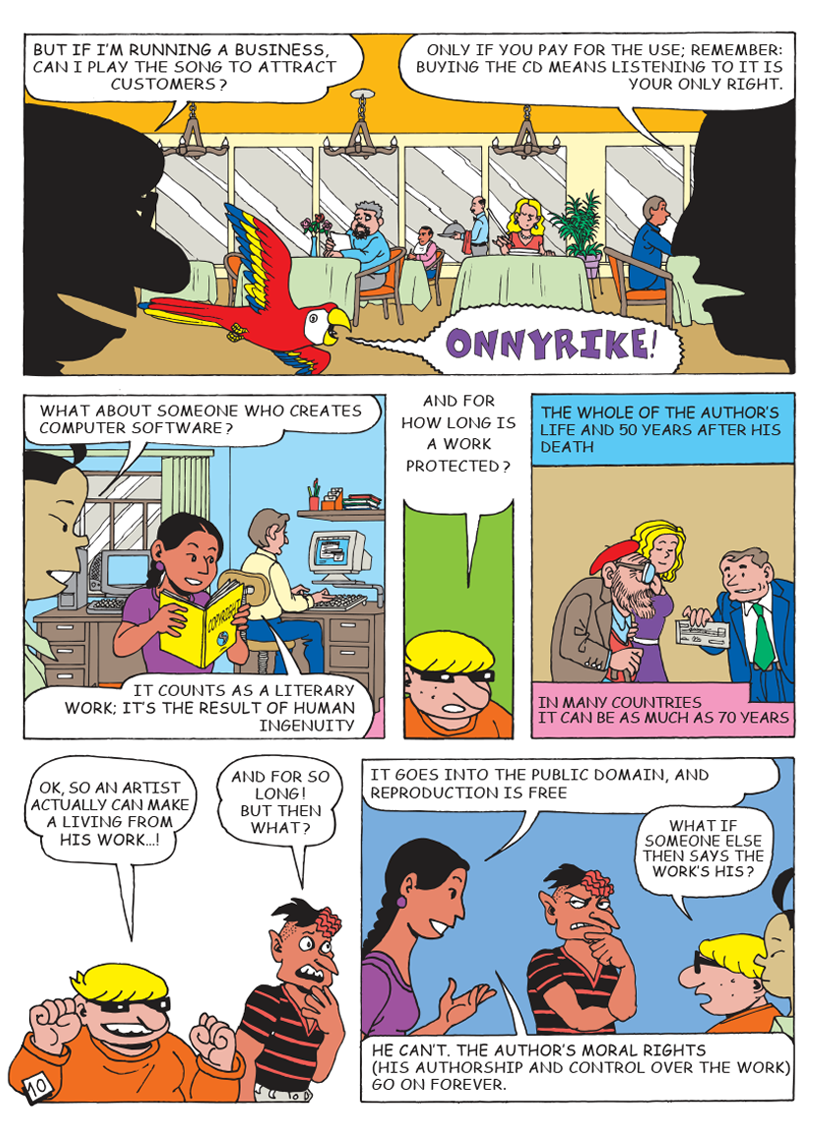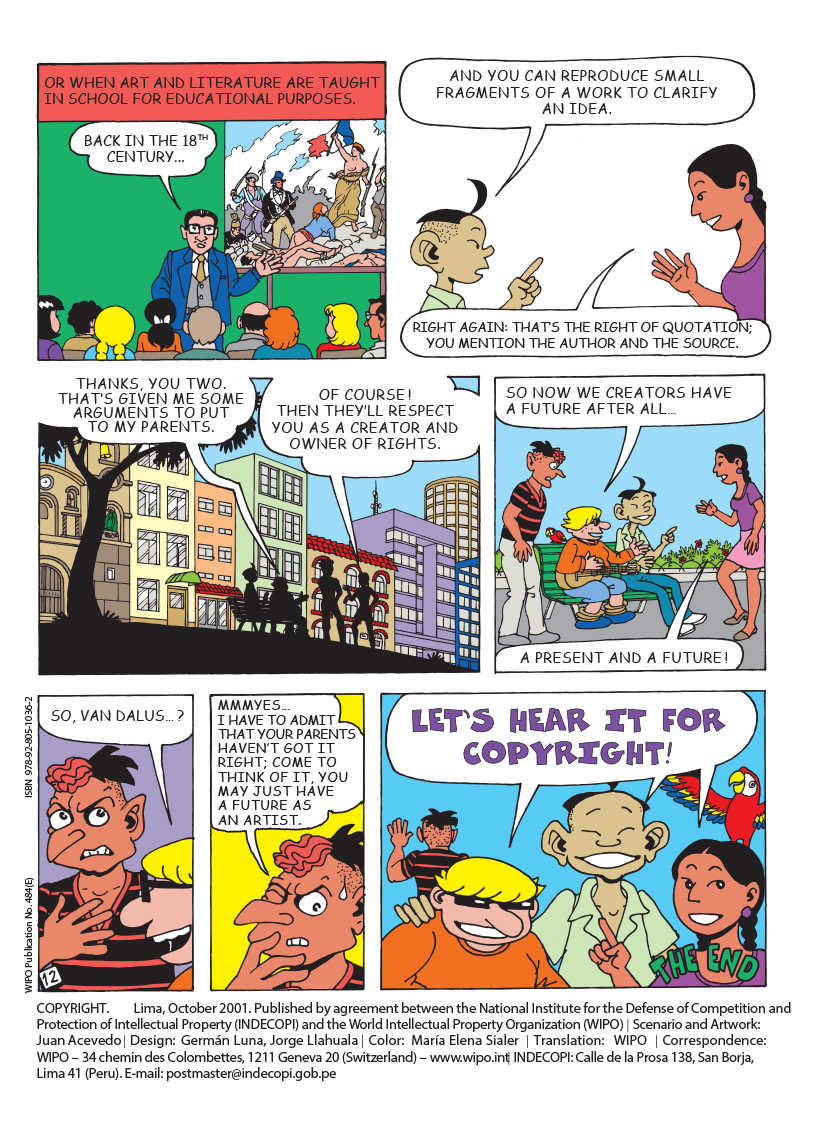
Copyright
People always said that CDs are being copyrighted, so they should not buy the pirated CDs as this is illegal. Most of the people know buying pirated product is illegal and unethical but do they really do as what they know? Actually, no! Although they know it is illegal , the pirated market is still there. Actually, besides CDs, photo, books, movies, software are also under copyright.
Copyright can provide a few benefits to the business such as controlling the commercial exploitation of original works. Company can stop or avoid ‘COPYCATS’ from copying the original works or produce imitation products to customers so that customers are not easily cheated by them. Besides, company’s profit can be retained or stable as competitors or ‘COPYCATS’ have no rights or permission to exploit the company’s original work or business.
- A form of legal protection given to works of creative expression. The owner of the copyright in a work is given certain exclusive rights, such as the right to reproduce the work and to sell it.
- The symbol © (the letter C in a circle), or the word “Copyright,” or the abbreviation “Copr.”
Company can stop or avoid ‘COPYCATS’ from copying the original works or produce imitation products to customers so that customers are not easily cheated by them.
Works those are eligible for Copyright:
- Literary works: covers items in writing such as books, letters, brochures, catalogues, etc. Computer software also falls in this category.
- Musical works: covers musical notes.
- Artistic works: covers works of art, such as paintings, photographs, sculpture, drawings, etc.
- Films
- Sound recordings: covers recorded media, such as cassettes, compact discs, etc.
- Broadcasts: covers radio and television transmissions.
Works those are not eligible for Copyright:
- Works that have not been fixed in a tangible form of expression (for example, choreographic works that have not been notated or recorded, or improvisational speeches or performances that have not been written or recorded)
- Titles, names, short phrases, and slogans; familiar symbols or designs; mere variations of typographic ornamentation, lettering, or coloring; mere listings of ingredients or contents.
- Ideas, procedures, methods, systems, processes, concepts, principles, discoveries, or devices, as distinguished from a description, explanation, or illustration.
- Works consisting entirely of information that is common property and containing no original authorship (for example: standard calendars, height and weight charts, tape measures and rulers, and lists or tables taken from public documents or other common sources)

